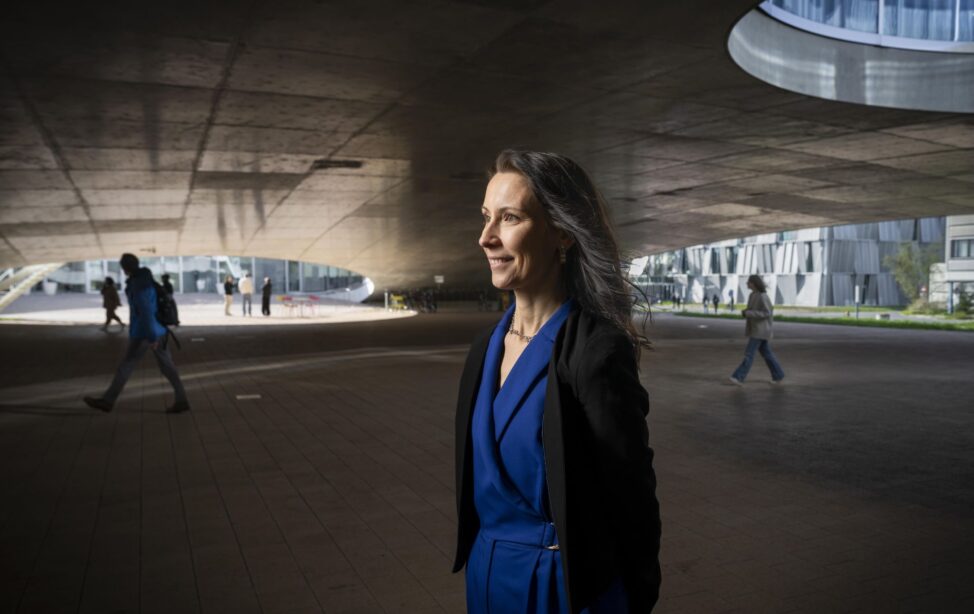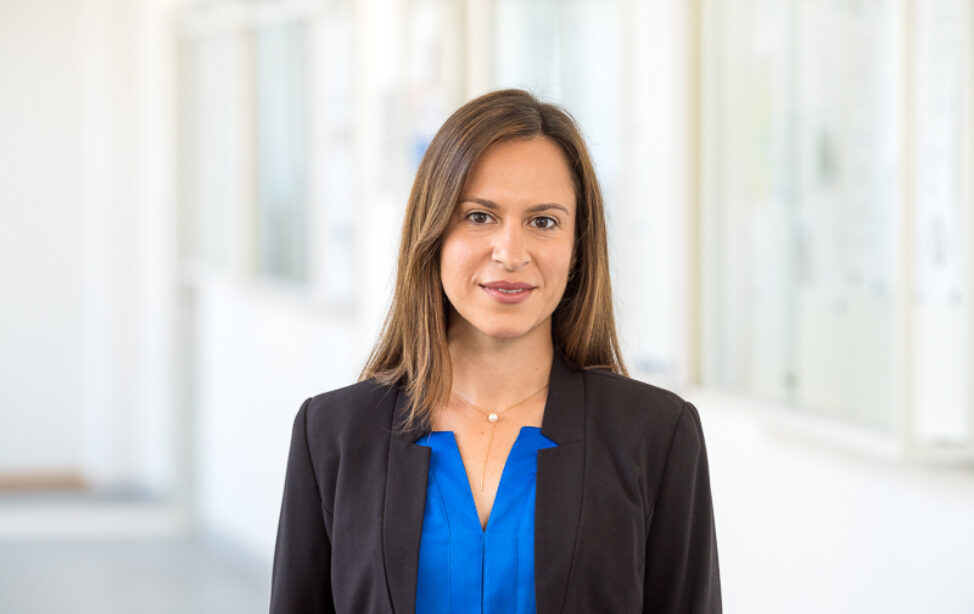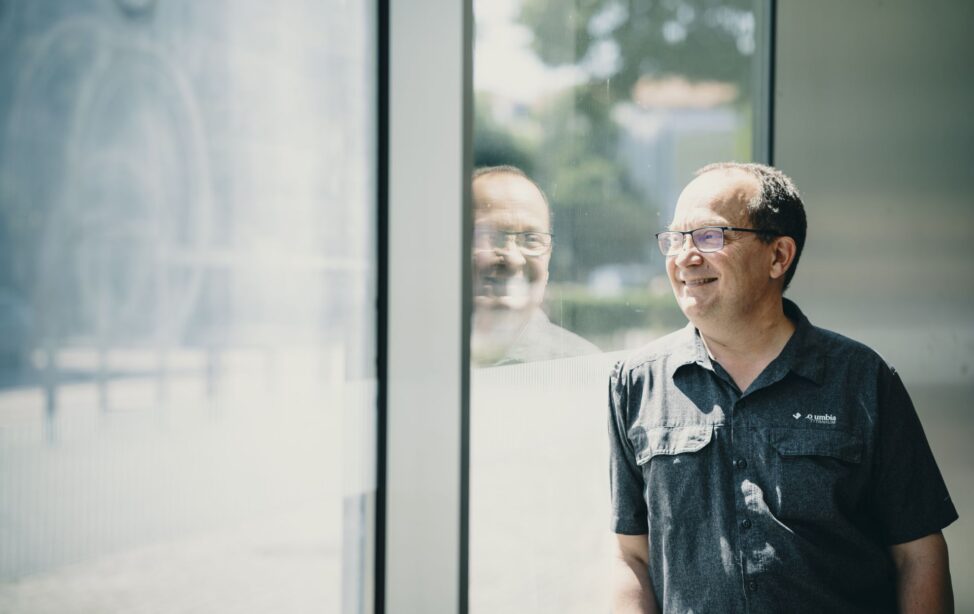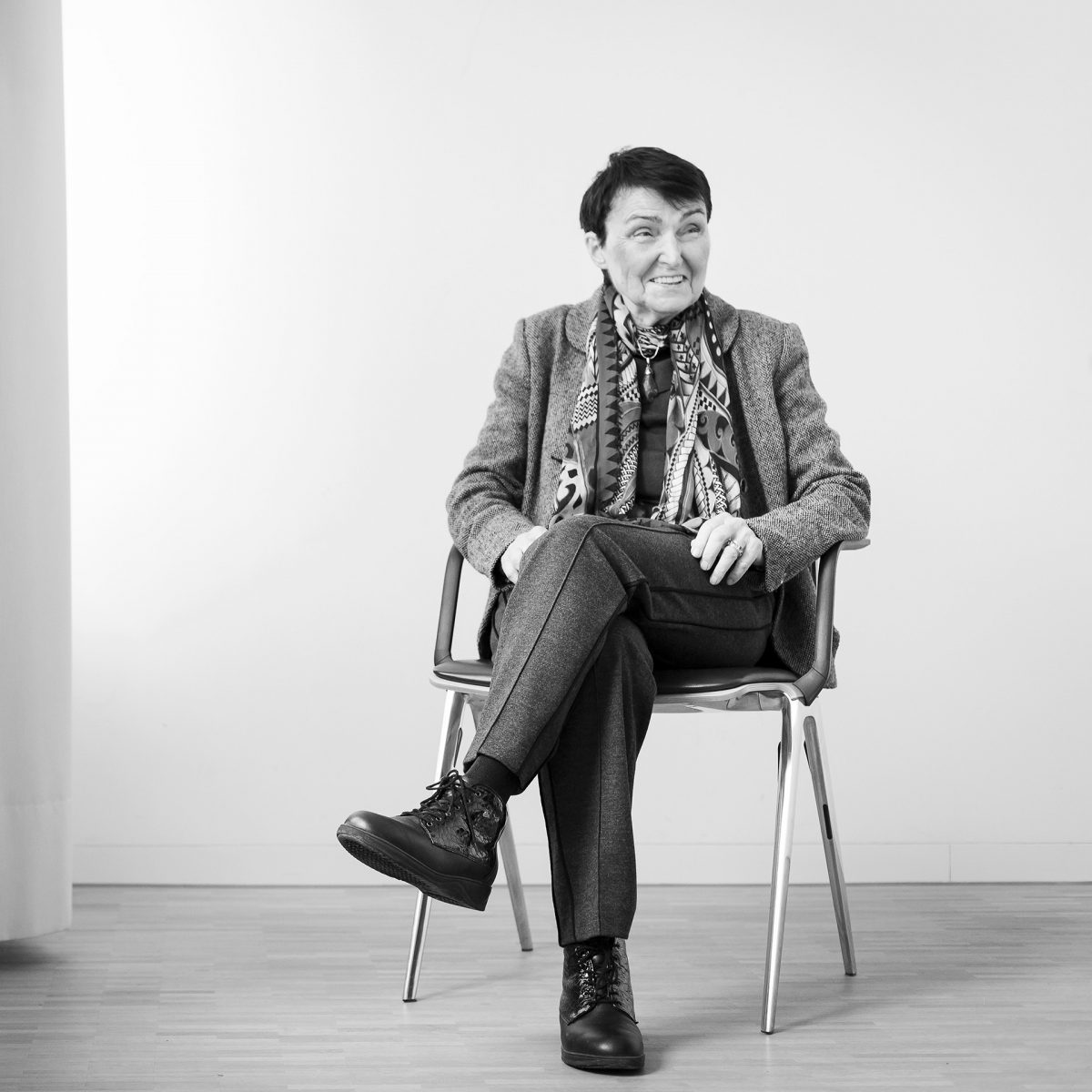
TUM Alumna Eveline Gottzein, PhD Electrical Engineering and Information Technology 1983, Honorary Professor 2011 (Picture: Magdalena Jooß/TUM).
As an expert in the areas of trajectory and attitude control systems and levitation systems for maglev trains, amongst others, she then delivered an impressive career and managed projects all over the world. For her achievements she received the Bavarian Order of Merit, the Federal Cross of Merit, and as one of only a few women, was honoured with the Werner-von-Siemens-Ring.
The technology pioneer passed away in December 2023 at the age of 92.
In this interview from 2018, she talks about her exciting ‘journey to the West’, what Franz Josef Strauß had to do with her coming to Bavaria and why she is convinced that we will see many more successful women in the engineering industry in the future.
That was the way it was in the GDR back then: If you weren’t nominated, you were out for the time being. That hurt, because even in elementary school I was interested in technical fields.
Eveline Gottzein encouraged women to go their own way at the Women of TUM Talks 2018 (Photo: Astrid Eckert/TUM).
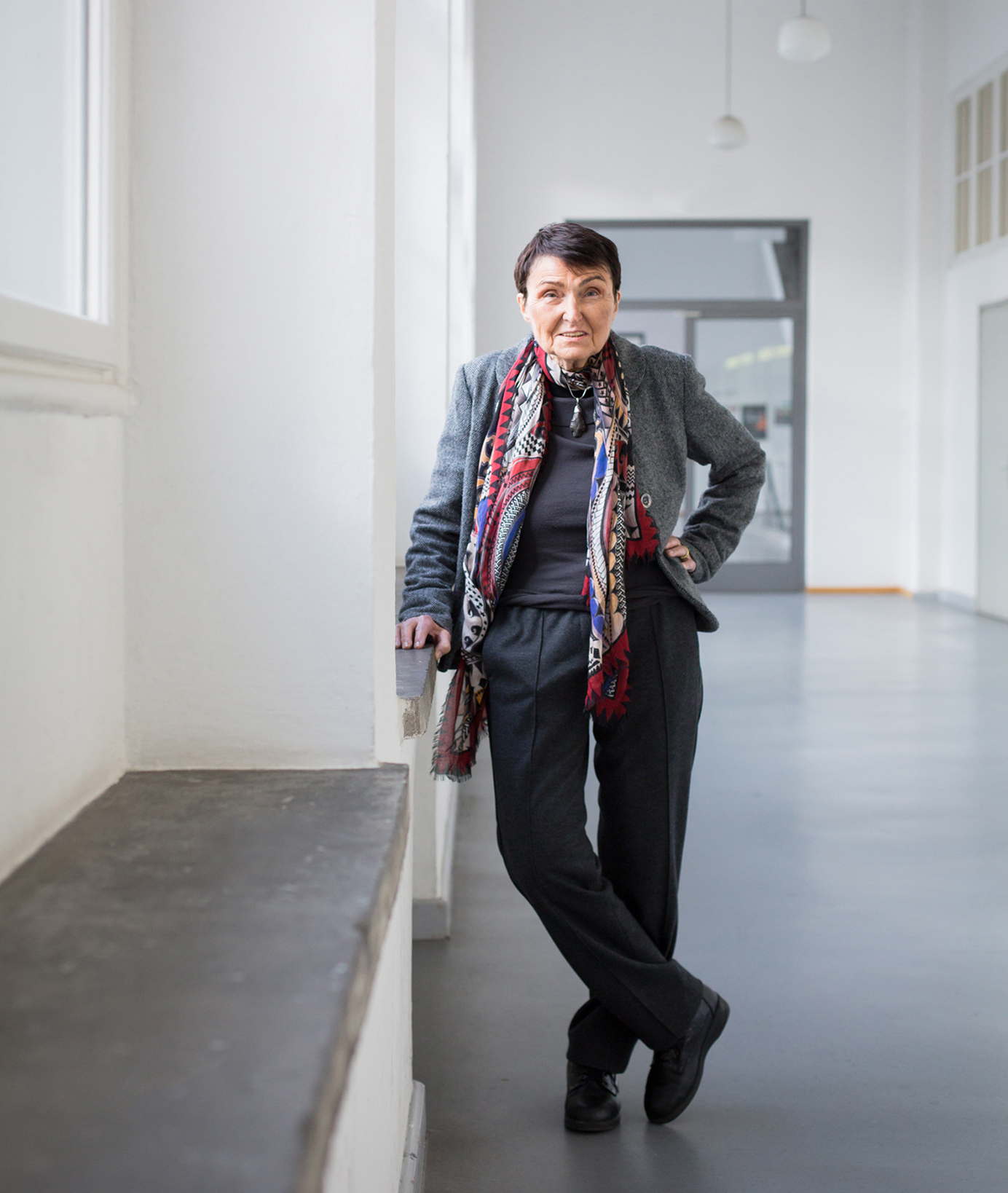
Prof. Dr. Eveline Gottzein (Picture: Magdalena Jooß/TUM)
PhD Electrical and Computer Engineering 1983
After her Abitur, Eveline Gottzein completed an apprenticeship in Electrical Engineering. From 1952 until 1957 she studied Electrical Engineering, Mathematics and Physics in Dresden, and after fleeing from East-Germany, in Darmstadt. As early as during her studies she worked as an engineer at the Electronic Associates’ European Simulation Centre in Brussels.
In 1959 she joined helicopter and airplane manufacturer Bölkow in Munich and soon after managed international projects as head of department, amongst others, in Japan, China and Brazil. Alongside these activities she did a PhD at TUM on the topic of magnetic levitation trains. She is an honorary professor at the University of Stuttgart and “Distinguished Affiliate Professor” at TUM.
She was one of only a few women to receive the Werner-von-Siemens-Ring, the highest award in Germany for people whose achievements promoted Engineering Sciences or science representatives who opened up new directions to technology through their research. Furthermore she held the Bavarian Order of Merit, the Bavarian Maximilian Badge for Science and Art, and the Grand Federal Cross of Merit and was Fellow of the International Federation of Automatic Control and of the American institute on Aeronautics and Astronautics (AIAA).
Eveline Gottzein passed away in December at the age of 92.
